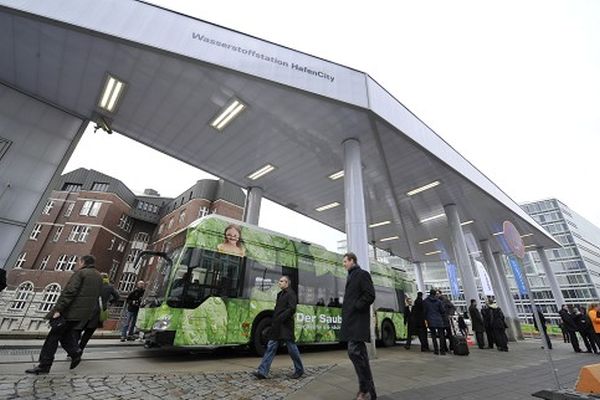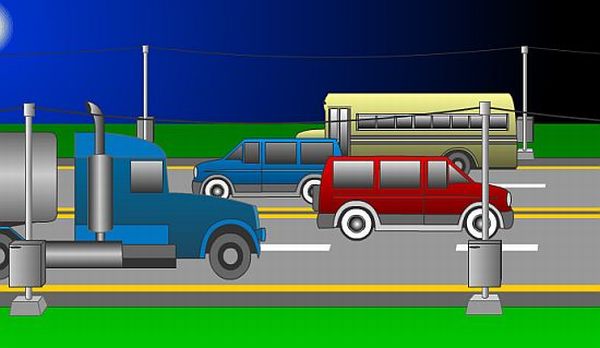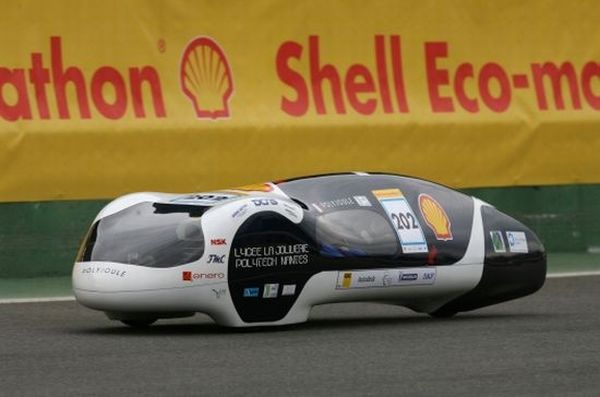Hydrogen is fast emerging as an alternative fuel source. Rising prices of fuel have led many to seek out renewable sources of energy to supplement the power requirements of the masses. This has in turn led to designers and researchers coming up with concepts for cars, two wheelers and devices that will be able to run on hydrogen. When speaking about hydrogen fueled automobiles, one of the biggest issues is where to recharge your vehicle. While it is laudable for people to invest in green cars, the problem of where to charge their hydrogen fueled vehicles still bothers them. Though these cars have a longer driving range than those powered by lithium ion batteries, making long distance trips can be tricky if there’s no place to refuel.

Taking this into account, the city of Hamburg in Germany has opened what is billed to be Europe’s biggest hydrogen refueling station in HafenCity. Power company, Vattenfall, is the supplier for the station’s energy, which is capable of delivering up to 750 kg of hydrogen every day. The refueling station, which opened in February 17 this year, will not only cater to cars running on hydrogen, but will also deliver fuel to 20 fuel cell buses being operated by Hamburger Hochbahn, the city’s public transport authority.
The station was constructed at a cost of 10 million Euros, shared by the Federal Ministry of Transport and Vattenfall. Since 2003, the power company and Hamburger Hochbahn have been cooperating to establish hydrogen refueling stations for buses. This latest endeavor is part of an ongoing process, which may soon see a majority of the city of Hamburg relying on hydrogen fuel for transportation in the future.
HafenCity’s refueling station produces half the hydrogen on site through electrolysis with the other half delivered. The venture is part of Germany’s Clean Energy Partnership (CEP) organization, which sees companies attempting to incorporate hydrogen into automobile manufacture in order to help reduce carbon emissions from vehicular traffic. Vattenfall has been a key player in the CEP, cooperating with industry players to help set up charging stations in Berlin, promoting battery electric vehicles with BMW, and plug in hybrid electric cars with Volvo Cars.
Growing fuel costs and limited supply have forced countries to find alternative fuel sources to an ever growing urbanized world and increasing population. While the cost of building hydrogen fueled cars and setting up refueling stations isn’t cheap, we’re left with only a few alternatives to ensure our survival. Today, automakers, electronics companies and energy corporations are investing more money for the production of green energy than they’ve done in past years. Such efforts also help to scale down dependence on other oil producing countries, giving them a higher sense of independence.
Via: Welt




